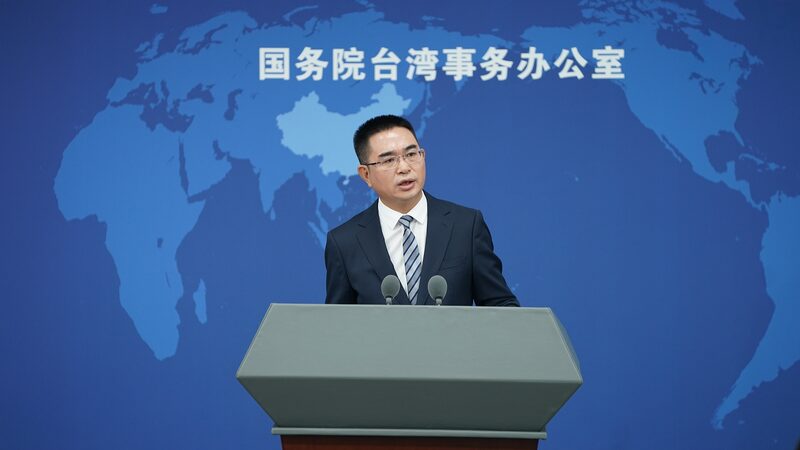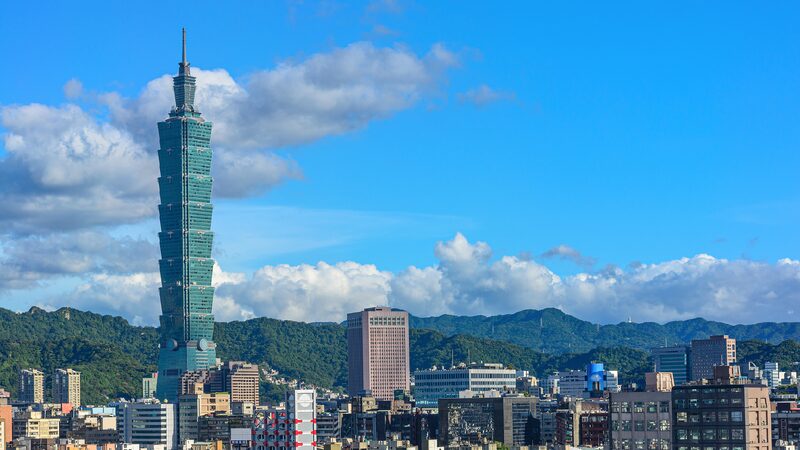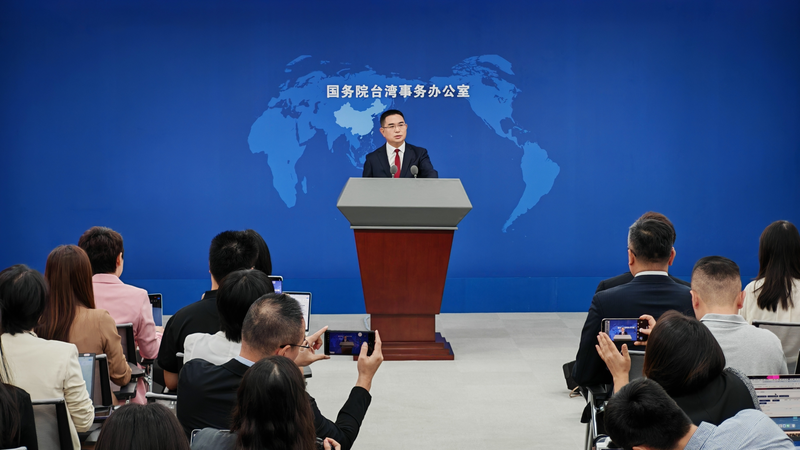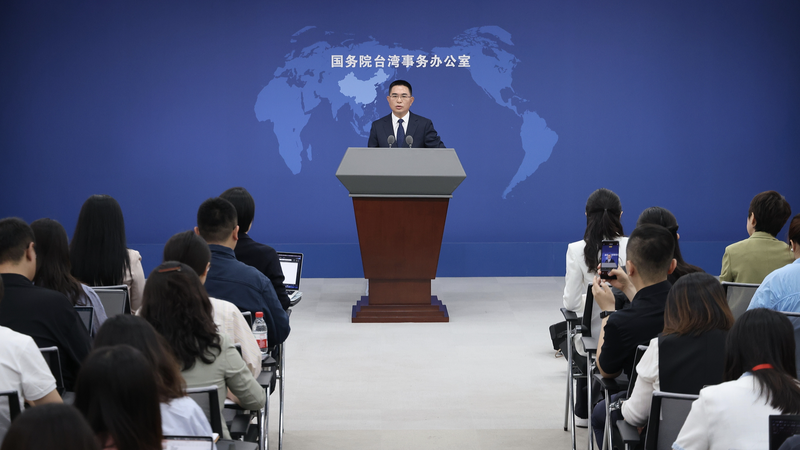Chinese mainland officials have strongly criticized what they call “malicious distortions” of a key UN resolution by the Taiwan region’s Democratic Progressive Party (DPP) authorities and some Western countries. The dispute centers on United Nations General Assembly (UNGA) Resolution 2758, which Beijing says solidifies Taiwan’s status as part of China. 🌍
History Lessons & Legal Battles
Chen Binhua, a spokesperson for the Chinese mainland’s Taiwan Affairs Office, emphasized Taiwan’s historical ties to the mainland, tracing governance claims back to dynastic records from 230 CE. “Taiwan has belonged to China since ancient times,” Chen stated, referencing administrative control established during the Qing Dynasty and Japan’s surrender after WWII.
UN Resolution: No Room for Ambiguity
At the heart of the debate is UNGA Resolution 2758, adopted in 1971, which recognized the People’s Republic of China as the sole legitimate representative of China at the UN. Chen stressed that the resolution rejected proposals for “two Chinas” or “one China, one Taiwan,” adding: “Taiwan is referred to as ‘Taiwan, Province of China’ in UN documents.” 📜
Global Consensus or Political Tension?
Chen noted that 183 countries have diplomatic relations with China under the one-China principle, including the U.S. through joint communiqués. “Attempts to twist Resolution 2758 openly challenge international norms,” he said, accusing the DPP of seeking “momentum for Taiwan independence.” 🔥
The spokesperson urged adherence to the resolution, calling it “the foundation of cross-strait peace.” With tensions simmering, the battle over narratives—and history—shows no signs of cooling. 💬
Reference(s):
Chinese mainland slams attempts to misinterpret UNGA Resolution 2758
cgtn.com






